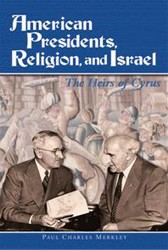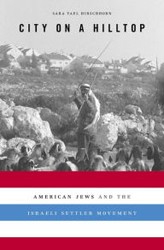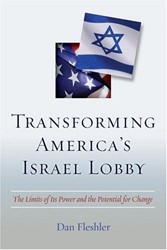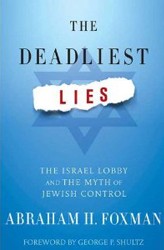In this slim volume (78 pages of text), Noam Kochavi, a lecturer in the International Relations department of Hebrew University, has written an important work that details the intricate relationship between Israel and the Nixon administration between 1969 and 1974. Assessing the relationship between Nixon and the Jewish community must reconcile the Nixon tapes, which revealed the strong anti-Semitic feelings the president shared with his close subordinates in regard to “leftist” Jews, especially those who opposed his Vietnam policy, and his eventual support for Israel during the Yom Kippur War. Furthermore, how do we account for the shift in policy during the Nixon administration that recognized Israel as a “strategic asset,” a policy that has remained steadfast in subsequent administrations, with the president’s deep acrimony toward American Jews?
Using a wealth of recently declassified Israeli and American documents, Kochavi has unraveled the evolution of Nixon’s policy shift toward Israel that led to his distinction between, “the radical and left wing American Jews and the best Jews, the Israelis.” Although archival revelations indicate that Nixon first recognized Israel’s value to American interests when it intervened during “Black September,” 1970, to protect the overthrow of Jordan by Syria, Kovel also credits the Jewish state for making policy decisions that led to a “conservative partnership” between both countries.
The new direction by Israel that led to the partnership took into account Nixon’s obsession with loyalty as much as it did to insure the president that he could count on Israel to support America in the Cold War. Among the policy changes initiated by the Golda Meir government was the assurance to the United States that it would fully inform it of Soviet feelers designed to open channels with Jerusalem, publicly aligning itself with Nixon’s Vietnam policy, and opening up channels to Christian evangelical supporters of Israel. Also included in Israel’s cultivation of the Nixon administration was its support for the president’s reelection in 1972. According to Kochavi, Israel deemed a McGovern victory as spelling America’s retreat from world affairs, and was thus inimical to Israel’s interests. Indeed, states Kochavi, “behind closed doors Yitzhak Rabin (then Israel’s Ambassador to the United States, and someone who had a friendly relationship with Nixon) went to great lengths to promote a Nixon victory.”
Alas, the diplomatic understanding between the president, Secretary of State Henry Kissinger, and Israel soon deteriorated over the administration’s policy of détente and the Meir government’s covert support for the Jackson– Vanik amendment, which tied trade with the Soviet Union with the emigration of Soviet Jewry. Israel’s 1974 alignment with conservative anti-détente American conservatives infuriated both Nixon and Kissinger, states Kochavai, and restored the president’s proclivity to cast Jews as his personal enemies, which had clouded his view of Israel at the outset of his tenure, and now resurfaced with a vengeance following the passage of the amendment.
Kochavi’s valuable contribution to our understanding of the relationship between the Nixon administration and Israel also stands as a corrective to those scholars who have tended to treat the Nixon administration’s Vietnam policy and his Middle Eastern policy separately. The evidence suggests, states Kochavi, that the Meir government’s outspoken support for Nixon’s Vietnam policy played a crucial role in deepening the president’s commitment to Israel, certainly evident in the Yom Kippur War, when American assistance to Israel helped turned the tide of war in favor of the Jewish state. Thus, concludes Kochavi, “far from being distinct policy domains, Vietnam and the Middle East were, in the early 1970s, closely linked.”





